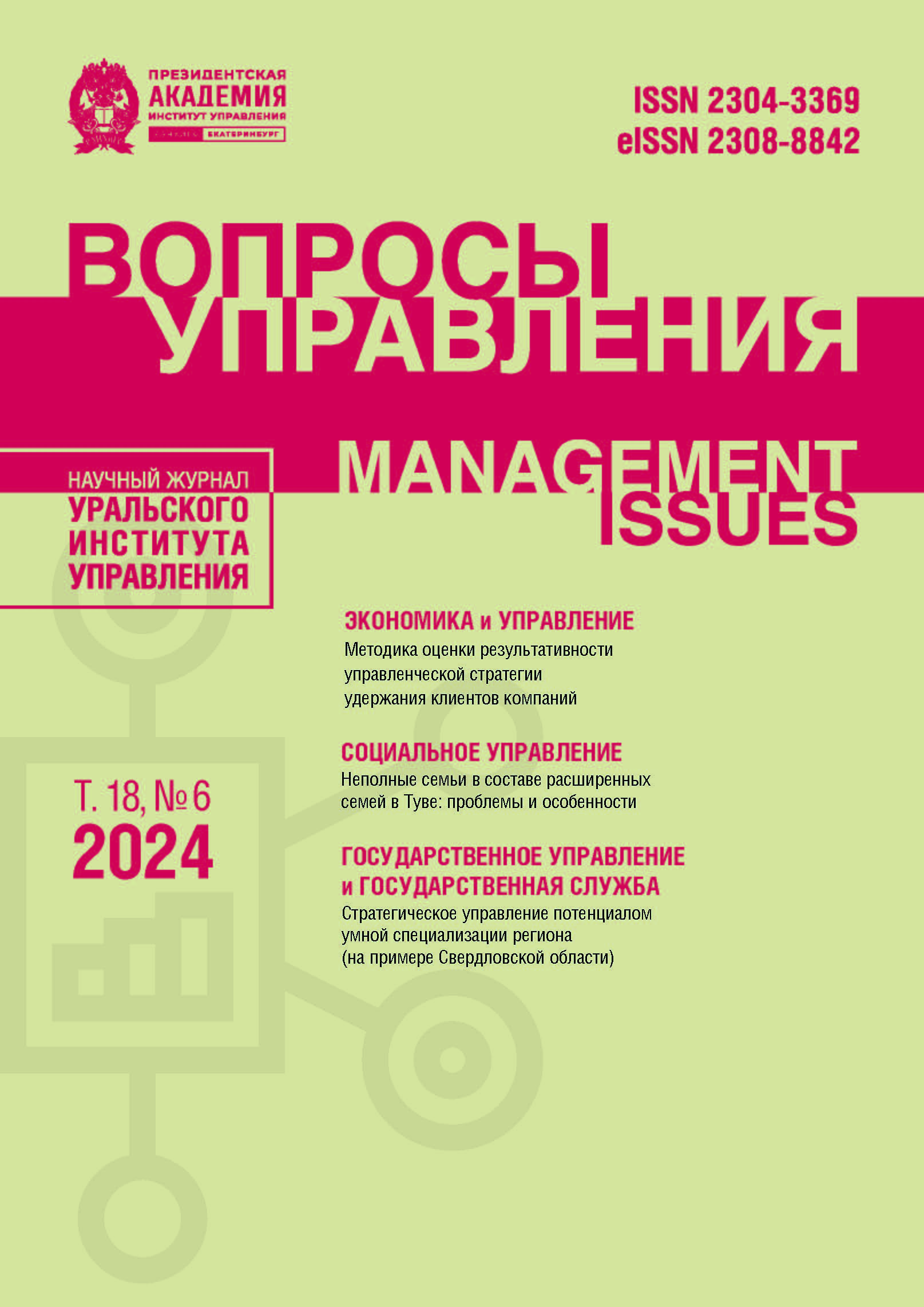Scientific and educational collaboration role in the teaching staff innovationrediness formation
DOI:
https://doi.org/10.22394/2304-3385-2024-6-60-73Keywords:
innovation management in education, innovative crisis funnel, collaboration of educational organizations, new normality, corporate culture, sustainable developmentAbstract
Introduction. The urgency of the problem is due to the need to adapt teaching staff to a high level of uncertainty
in the education system. The process of organizational changes in educational organizations in the context of the
"new normality" is analyzed.
The purpose of the article is to study the role of collaboration of educational organizations in the formation of the
readiness of teaching staff for innovation.
Materials and methods. The authors consider the positive experience of collaboration of educational organizations
in the form of a scientific and educational network, that unites about 180 educational organizations from different
regions of the Ural Federal District. To collect information, the method of online surveys of managers and
teachers from educational organizations participating in network interaction (386 participants) as well as the method
of semi-structured interviews with 36 representatives of educational organizations administration participating in
interaction were used.
Results. It is established that scientific and educational collaboration makes it possible to create the necessary
conditions to overcome the "innovation crisis funnel" in the development of organizations participating in the interaction.
An increase in the NPS (Net Promoter Score) loyalty index of the collaboration participants to joint innovation
activities was recorded: if at the initial stage the interest of the pedagogical community in the activities of the
collaboration was limited only by the desire to obtain the status of a member of the academic platform of the Ural
Branch of the Russian Academy of Education, then recent measurements showed a significant change in motivation.
The desire of teaching staff to work creatively together in the creation of research projects has grown.
Discussion. The implementation of collective scientific, educational, organizational and managerial projects has
formed a new corporate culture that promotes innovation: satisfaction with the quality of joint activities has increased;
the level of mutual assistance and the likelihood of reaching agreement; readiness for organizational changes;
the participants of the collaboration have become better aligned with the goals and values of their organization with
common goals.
The results of the study can be used by the heads of educational organizations and educational management
bodies in developing strategies for the development of the education system and involving staff in the change management
process.











